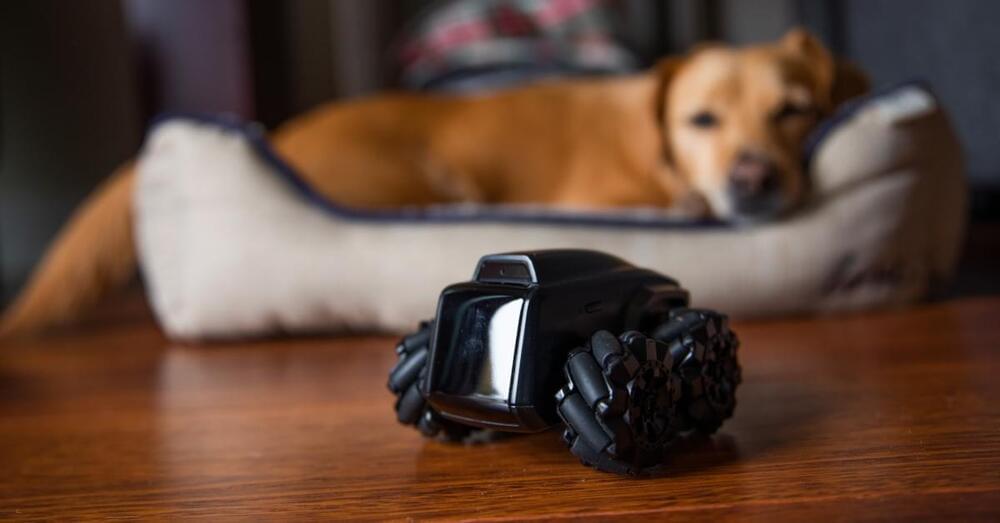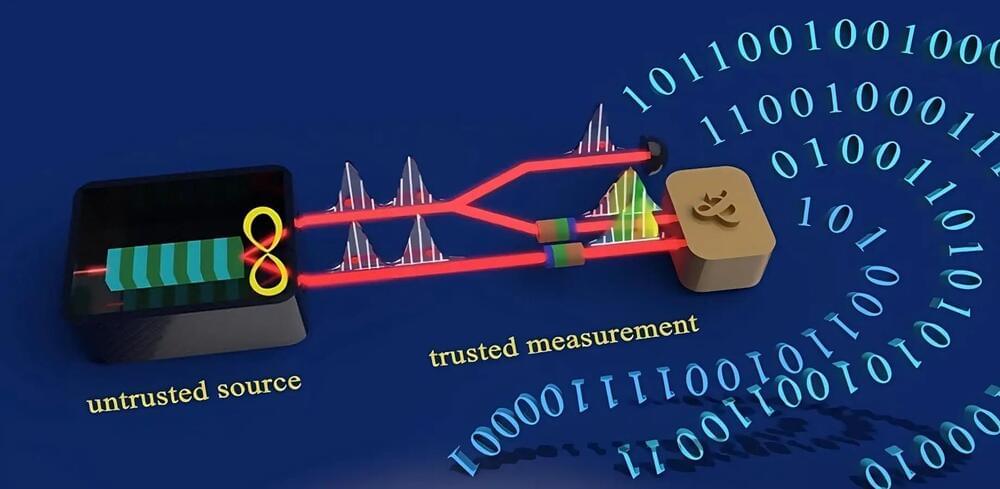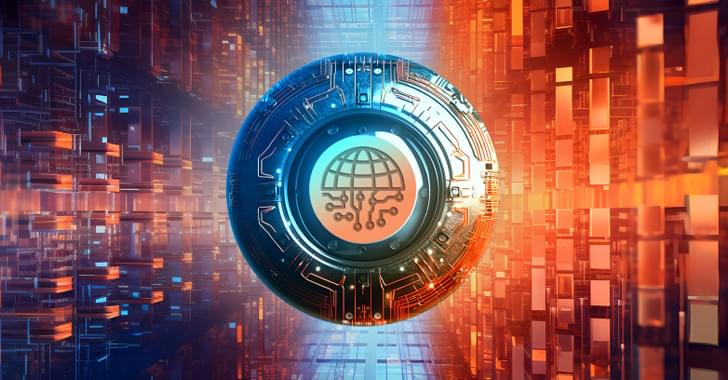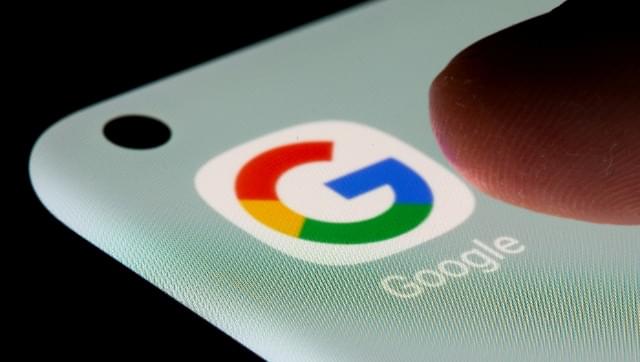AI is growing in its capability, and threatens the way we live and our security. Other technologies like Web3/metaverse and defi are not as threatening, and are shrinking in importance as interest rates rise.


Restoring And Extending The Capabilities Of The Human Brain — Dr. Behnaam Aazhang, Ph.D. — Director, Rice Neuroengineering Initiative, Rice University
Dr. Behnaam Aazhang, Ph.D. (https://aaz.rice.edu/) is the J.S. Abercrombie Professor, Electrical and Computer Engineering, and Director, Rice Neuroengineering Initiative (NEI — https://neuroengineering.rice.edu/), Rice University, where he has broad research interests including signal and data processing, information theory, dynamical systems, and their applications to neuro-engineering, with focus areas in (i) understanding neuronal circuits connectivity and the impact of learning on connectivity, (ii) developing minimally invasive and non-invasive real-time closed-loop stimulation of neuronal systems to mitigate disorders such as epilepsy, Parkinson, depression, obesity, and mild traumatic brain injury, (iii) developing a patient-specific multisite wireless monitoring and pacing system with temporal and spatial precision to restore the healthy function of a diseased heart, and (iv) developing algorithms to detect, predict, and prevent security breaches in cloud computing and storage systems.
Dr. Aazhang received his B.S. (with highest honors), M.S., and Ph.D. degrees in Electrical and Computer Engineering from University of Illinois at Urbana-Champaign in 1981, 1983, and 1986, respectively. From 1981 to 1985, he was a Research Assistant in the Coordinated Science Laboratory, University of Illinois. In August 1985, he joined the faculty of Rice University. From 2006 till 2014, he held an Academy of Finland Distinguished Visiting Professorship appointment (FiDiPro) at the University of Oulu, Oulu, Finland.
Dr. Aazhang is a Fellow of IEEE and AAAS, and a distinguished lecturer of IEEE Communication Society.
Dr. Aazhang received an Honorary Doctorate degree from the University of Oulu, Finland (the highest honor that the university can bestow) in 2017 and IEEE ComSoc CTTC Outstanding Service Award “For innovative leadership that elevated the success of the Communication Theory Workshop” in 2016. He is a recipient of 2004 IEEE Communication Society’s Stephen O. Rice best paper award for a paper with A. Sendonaris and E. Erkip. In addition, Sendonaris, Erkip, and Aazhang received IEEE Communication Society’s 2013 Advances in Communication Award for the same paper. He has been listed in the Thomson-ISI Highly Cited Researchers and has been keynote and plenary speaker of several conferences.


The use of single-photon.
A photon is a particle of light. It is the basic unit of light and other electromagnetic radiation, and is responsible for the electromagnetic force, one of the four fundamental forces of nature. Photons have no mass, but they do have energy and momentum. They travel at the speed of light in a vacuum, and can have different wavelengths, which correspond to different colors of light. Photons can also have different energies, which correspond to different frequencies of light.
What you can do to right now in just a few minutes to help secure the grid. See special quest producer David Tice explain how he is using the Grid Down Power Up movie, narrated by Dennis Quad to give us hope for a secure future. Do it for the kids!
Grid Down Power Up: https://griddownpowerup.com/
See the Special Deals at My Patriot Supply: www.PrepWithGreg.com.
EMP Taskforce on National and Homeland Security: https://emptaskforce.us/
CSM Mike Mabee’s Grid Security Now Website: https://michaelmabee.info/take-action/
Secure the Grid: https://securethegrid.com/

Security and risk teams are already overwhelmed protecting their SaaS estate (which has now become the operating system of business) from common vulnerabilities such as misconfigurations and over permissioned users. This leaves little bandwidth to assess the AI tool threat landscape, unsanctioned AI tools currently in use, and the implications for SaaS security.
With threats emerging outside and inside organizations, CISOs and their teams must understand the most relevant AI tool risks to SaaS systems — and how to mitigate them.

Loughborough University scientists are the first to demonstrate that a terahertz wave camera can capture 3D images of microscopic items hidden inside small objects.
Lead researcher Dr. Luana Olivieri says though the research is in the early stages, the team’s latest study could have “major implications for a range of fields with relevance in cancer screenings, security, and materials research.”
The research, which is in collaboration with Professor Marco Peccianti, Dr. Luke Peters, Dr. Juan S. Totero and a team of experts from the Emergent Photonics Research Center (EPicX), demonstrates that terahertz waves can be used to locate and recognize embedded objects and features, such as cracks and bubbles, in microscopic three-dimensional space. The study has been published in the journal ACS Photonics and is featured on the front cover of the latest issue, published today (June 21).

A new kind of resonator has the ability to transmit quantum information using single photons from a silicon device tipped with a few dozen erbium atoms.
The quantum internet just got one step closer to reality thanks to a new breakthrough that allows the encoded quantum information to be transmitted over distance.
The quantum internet offers the promise of perfect information security on a quantum mechanical level in the transmission of information using qubits, which will decompose into random information if anyone were to try and intercept it.

ALBUQUERQUE, N.M. — A team at Sandia National Laboratories is developing materials to tackle what has become one of the biggest problems in the world: human exposure to a group of chemicals known as PFAS through contaminated water and other products. Sandia is now investing more money to take their research to the next level.
“It’s in the news constantly. It seems every day we hear of another product that is contaminated. We saw sparkling water with PFAS, toilet paper with PFAS, so it’s not just a groundwater problem; it’s popping up everywhere,” said Andrew Knight, a chemist at Sandia who has a passion for solving PFAS contamination. “It has become clear to the world it is a growing problem. It is a national security issue of a large scale.”
PFAS, an abbreviation for perfluoroalkyl and polyfluoroalkyl substances, are a group of chemicals used to make fluoropolymer products that resist heat, oil, stains and water. They are also known as “forever chemicals” because they do not break down in the environment but can move through soil and water and build up in wildlife and humans.

It seems that Google doesn’t trust any AI chatbot, including its own Bard AI bot. In an update to its security measures, Alphabet Inc., Google’s parent company has asked its employees to keep sensitive data away from public AI chatbots, including their own Bard AI.
According to sources familiar with the matter, Alphabet Inc, the parent organisation of Google, is advising its employees to be cautious when using chatbots, including its own program called Bard, even as it continues to promote the software globally.
The company has updated a longstanding policy to protect confidential information, instructing employees not to input sensitive materials into AI chatbots. These chatbots, such as Bard… More.